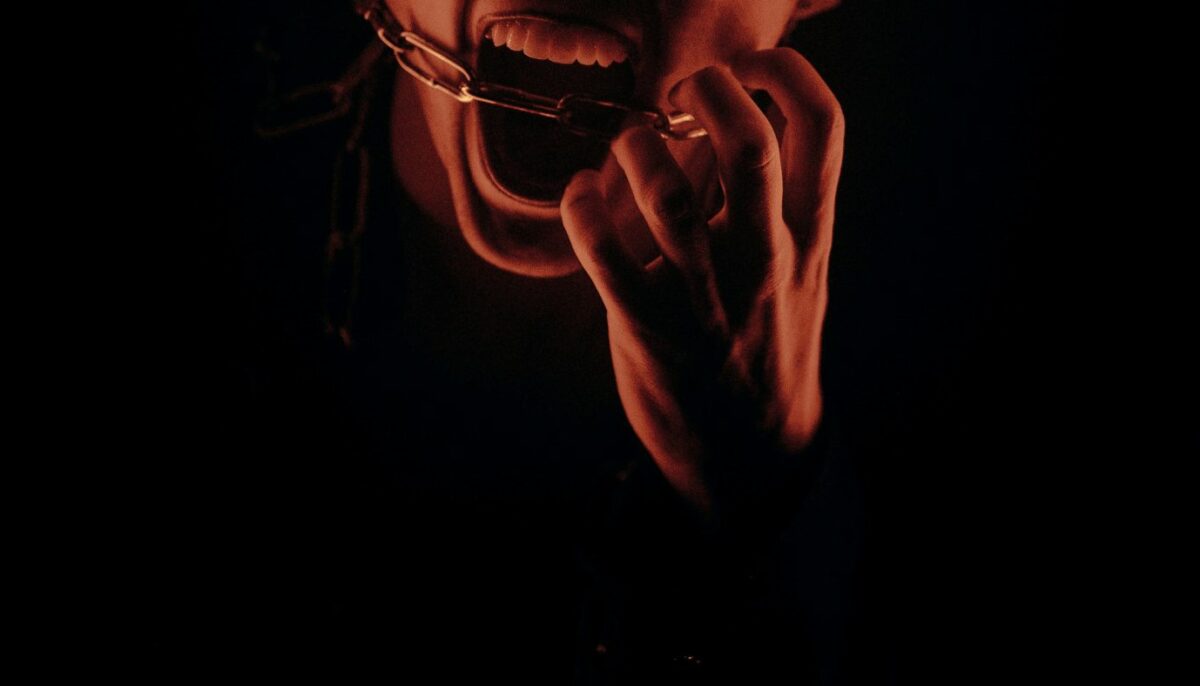The life of Moroccan police officer Wahiba Khourchech was turned upside down after exposing her boss for stalking and intimidation. After filing a sexual harassment complaint against regional security chief Aziz Boumehdi, Khourchech had to endure traumatizing repercussions. Retaliatory actions went as far as videotaping her naked while with her underage daughter at a hotel room in Rabat. The officer was extorted and threatened with spreading her video if she does not recant. She responded to an allegation of a video attributed to her on a state-backed website, declaring it “out of context, distorted, fabricated and utterly false.”
Khourchech was overseeing an anti-violence against women taskforce in Amzour, Morocco. After frequent pressures against her and her family, she unexpectedly and illegally fled the country with her daughter through the occupied city of Melilla. She obtained humanitarian asylum in Spain before reuniting with her husband in the United States.
Surveillance, smear campaigns, invasion of privacy and sextortion have become the standard means of pressuring and blackmailing activists in Morocco. Fouad Abdelmoumni, an economist and jurist, known for his criticism of the Royal Palace, had a video of him and his partner in a compromising position in the bedroom circulating among his relatives. Maati Monjib, a journalist and opposition historian, who has been in arbitrary detention for “trumped-up charges” since December 29, 2020 had told SMEX that “he had been living under tight surveillance since 2014, with some calls and photos discreetly taken of him on the street being twisted and distorted in smear campaigns launched by media outlets, close to security services, in order to sully his name.”
Threats and Tight Surveillance
Once Khourchech decided to speak out, she was further pressured to recant the accusation of harassment against her boss, while the accused got a promotion. The General Administration of National Security transferred her to Benguerir, stranding her 130 km away from her residence. “My phone was monitored. I would find some of my calls published in slanderous newspapers and websites, or they would become the topic of conversation among my colleagues. I think my car was also bugged with an audio recorder and GPS tracker, according to my sources in the General Administration of National Security,” Khourchech stated.
Regarding the posted video, Khourchech said: “My husband, who resides in the United States, was contacted by someone claiming that I was having an affair with former president of the Bar Association and the opposition human rights advocate Mohammed Ziane, and that they had a pornographic videotape of us.” Khourchech denies all of these allegations, adding that since 2018, she and her husband had been receiving threats of “[their] daughter being kidnapped if [she] did not remain silent on the harassment case.”
Khourchech went on to say: “After the unfair trial, I requested permission to leave the country and be relieved of my position as officer, but The General Administration of National Security refused and enforced a travel ban instead. I had no choice but to flee from Morocco with my daughter and escape the hell of security services harassing and spying on me and invading my privacy.”
A History of Baiting and Extortion
Zakaria Moumni, former boxer and current activist, has received multiple messages on WhatsApp threatening to disseminate photos of him naked. He accuses the Moroccan Ministry of Interior and the Intelligence Service of fabricating a pornographic video of him.
Moumni first suffered from an invasion of privacy in Morocco in 2010, when he was arrested and tortured for “fraud” after criticizing the Royal Court, per a Human Rights Watch report on April 25, 2011, before leaving for France.
In 2013, Moumni came to Morocco from France with his wife to meet King Mohammed VI, following the invitation of then Minister of Interior Mohanad Ansar, who was in direct contact with him between 2012 and 2013. “However, I did not meet the King. Instead I was offered a sizeable payment in exchange for my silence on the torture crimes committed against me during my arbitrary detention,” he explained to SMEX. The author of The Man Who Wanted to Talk to the King refused the offer and stayed adamant on suing those responsible for his misery.
Furthermore, Moumni stated: “In 2014, I received an alleged pornographic video of me on WhatsApp. It was partially fabricated. I later found out that the video camera used to tape me was inside the TV of my hotel room in La Tour Hassan Palace, to which the Minister of Interior Mohanad Ansar had invited me.”
At the time, the Moroccan Minister of Interior denied having contacted Moumni. A year after the incident, he stated that he did not know him and that “his claims were fit for a feature film.” However, during a TV show in 2015, the minister voluntarily acknowledged meeting Moumni. The former boxer also shared his audio-documented calls with the minister on his YouTube Channel.
A Weapon Losing Effect?
Since smear campaigns have become the go-to weapon for state-backed media outlets to silence opposition voices and critics of the absolute monarchy, authorities were able to temporarily influence the behavior of some members of the political, media and jurist elites by way of threats.
Fortunately, smear campaigns and sextortion may be losing effect after being denounced by so many victims, such as Officer Khourrchech, the lawyer Mohammed Ziane and the jurist Fouad Abdelmoumni.
Art. 24 of the Moroccan Constitution states that “every person has the right to the protection of their private life.” Art. 447 of the Penal Code provides for “six months to three years of imprisonment and a fine of two thousand to twenty thousand Moroccan dirhams for any person who deliberately and by any means, including IT systems, captures, records, broadcasts or disseminates the statements or information produced in private or in secret without the authorization of their authors. The same punishment shall apply to anyone who deliberately and by any means captures, records, broadcasts or disseminates a picture of someone in a private setting without their authorization.” Clearly, the monarchy’s practices against critics clearly violated the rights guaranteed by the Moroccan Constitution. Authorities must prosecute all those who engage in criminal activity against activists, starting with those among them.
Main Image, before editing from Unsplash.com



